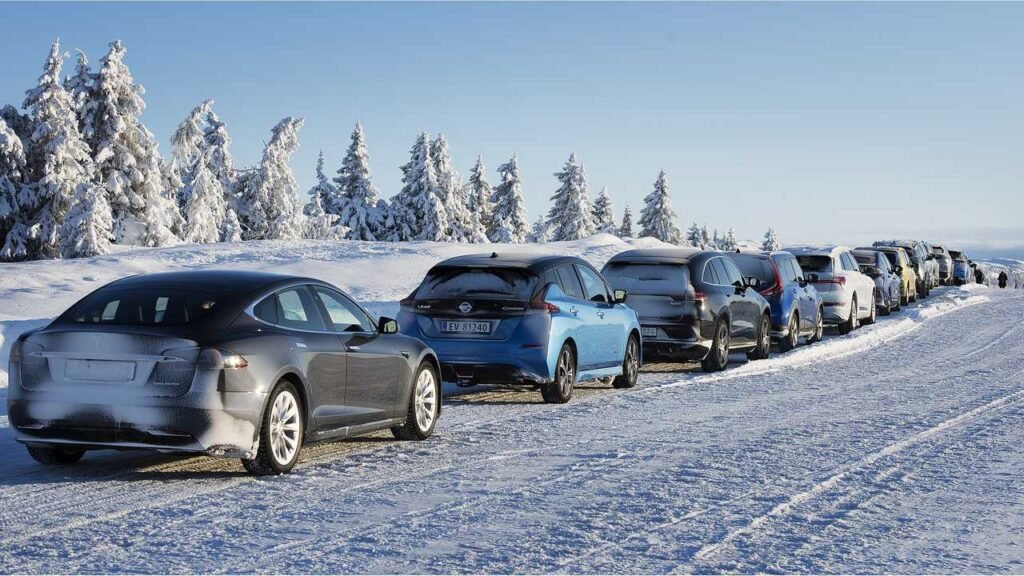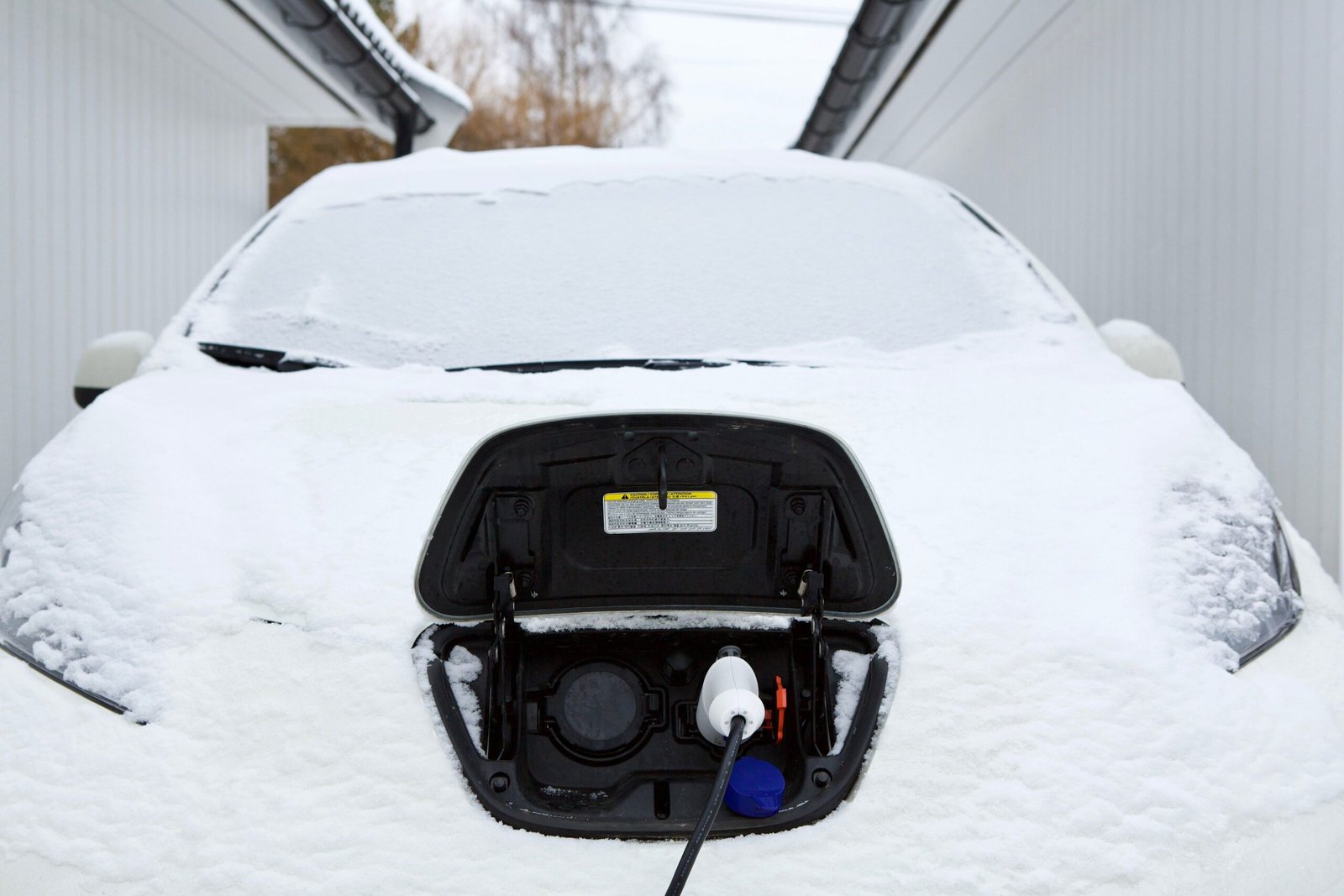Temperature, range, and charging are all intertwined. Why? Chemical reactions, in general, occur quicker at greater temperatures. Recurrent just released a full description of the relationship between temperature, charge, and range.

Notice anything interesting? Every electric car on that table has shorter range when the temperature lowers, thus EV drivers must be mindful of the weather, especially while traveling out of station. [Most combustion engine vehicles have some range reduction in cold weather as well.]
According to Recurrent, cold weather reduces the chemical and physical interactions that power electric car batteries, notably conductivity and diffusivity, resulting in:
- Increased charging time (increased impedance)
- Temporary loss in range (reduced capacity), typically due to heating systems pulling charge away from the primary battery.

Even though cold-related range affects are transient, it recommends that your battery be above freezing before charging. Most automobiles’ battery management systems (BMS) include temperature regulation, which prevents high voltage or quick charging if the battery is too cold.
For example, the Nissan Leaf, which only activates thermal regulation when the temperature falls below -20C (-4F), and Tesla, which activates thermal management even if the car is turned off or not plugged in.

Did you know that batteries fail more frequently in the summer than in the winter?
Higher temperatures mean that there is more overall energy in a system, which results in quicker responses all around. This means that all reactions happen faster in high heat — both the ones that produce energy and the “unwanted” chemical reactions that make batteries degrade.
Reference- Recurrent Research, Inside EV, Autoblog, Clean Technica, Electrek






